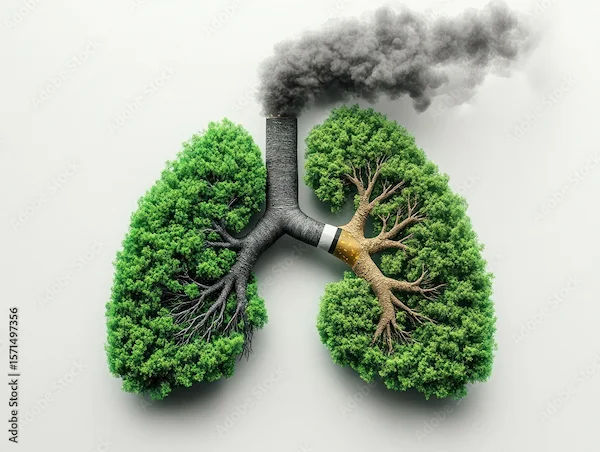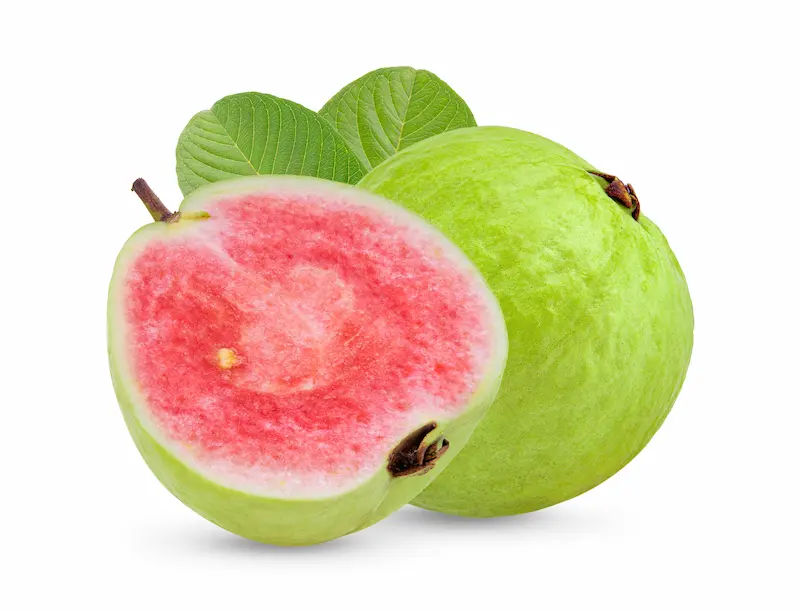Understanding Folliculitis: Symptoms and Treatment
Know about folliculitis, their symptoms and causes and how to treat and prevent them in future.

Written by Dr. J T Hema Pratima
Reviewed by Dr. Dhankecha Mayank Dineshbhai MBBS
Last updated on 13th Jan, 2026
.webp?tr=q-80,f-webp,w-350,dpr-2,c-at_max 700w)
Introduction
Folliculitis is a common skin condition that many people experience at some point in their lives. While it may sound intimidating, it’s usually a mild and treatable issue. If you’ve ever noticed small red bumps, pimples, or itchy patches around hair follicles, you might have had folliculitis. In this article, we’ll break down what folliculitis is, its symptoms, causes, and how you can manage or treat it effectively.
What Is Folliculitis?
Folliculitis is an inflammation or infection of the hair follicles—the tiny pockets in your skin where hair grows. It can occur anywhere on the body where hair is present, including the scalp, face, arms, legs, and even the buttocks. The condition can be caused by bacteria, fungi, viruses, or even irritation from shaving, tight clothing, or excessive sweating.
Consult a Dermatology specialist for Personalised Advice
Types of Folliculitis
There are two main types of folliculitis:
1. Superficial Folliculitis – Affects the upper part of the hair follicle, causing small red bumps or pus-filled pimples.
2. Deep Folliculitis – Involves the entire hair follicle and can lead to larger, painful boils or abscesses.
Common Symptoms of Folliculitis
The signs of folliculitis can vary depending on the cause and severity, but here are some common symptoms to look out for:
- Small red bumps around hair follicles
- Pus-filled blisters that may break open and crust over
- Itching or burning sensation on the affected skin
- Tenderness or pain in the inflamed area
- Clusters of pimples that resemble acne
In more severe cases, you may experience:
- Large, swollen, painful boils
- Fever (if the infection spreads)
- Scarring or dark spots after healing
What Causes Folliculitis?
Several factors can lead to folliculitis, including:
1. Bacterial Infection
The most common cause is Staphylococcus aureus (staph bacteria), which enters the skin through cuts, ingrown hairs, or blocked follicles.
2. Fungal Infection
Yeast or fungi like Malassezia can cause folliculitis, especially in warm, moist areas of the body.
3. Viral or Parasitic Infections
Certain viruses (like herpes) or mites (such as those causing scabies) can also inflame hair follicles.
4. Irritation from Hair Removal
Shaving, waxing, or plucking can damage follicles, leading to razor bumps or ingrown hairs.
5. Tight Clothing & Sweating
Wearing tight-fitting clothes or excessive sweating can trap bacteria and irritate follicles.
6. Weakened Immune System
People with diabetes, HIV, or those on immunosuppressive medications are more prone to folliculitis.
How to Treat Folliculitis?
In most cases of folliculitis is mild and can be treated at home. Here’s what you can do:
Home Remedies & Self-Care
- Warm Compress – Applying a warm, damp cloth can help soothe irritation and drain pus-filled bumps
- Keep the Area Clean – Wash with mild soap and water to prevent further infection.
- Avoid Shaving or Waxing – Give your skin time to heal before hair removal.
- Wear Loose Clothing – Reduces friction and irritation on affected areas.
- Use Over-the-Counter (OTC) Treatments – Antibacterial washes (like chlorhexidine) or antifungal creams can help.
Medical Treatments
If symptoms persist or worsen, consult a doctor. They may recommend:
- Topical Antibiotics (for bacterial infections)
- Oral Antibiotics or Antifungals (for severe cases)
- Steroid Creams (to reduce inflammation)
- Minor Drainage (for large boils or abscesses)
Preventing Folliculitis
Prevention is always better than a cure. Here are some tips to avoid folliculitis:
- Practice Good Hygiene – Shower after sweating heavily.
- Shave Carefully – Use a clean razor, shave in the direction of hair growth, and apply moisturiser afterwards.
- Avoid Tight Clothes – Opt for breathable fabrics like cotton.
- Keep Skin Dry – Change out of wet clothes quickly to prevent bacterial growth.
- Disinfect Hot Tubs & Pools – If using public facilities, ensure they are well-maintained to avoid infections.
When to See a Doctor?
Most folliculitis cases clear up on their own, but seek medical attention if:
- The rash spreads or doesn’t improve in a few days
- You develop fever, chills, or severe pain
- The bumps turn into large, painful boils
- You have recurring episodes
Final Thoughts
Folliculitis is a common and usually harmless condition, but it can be uncomfortable. By understanding its causes and taking preventive steps, you can keep your skin healthy. If home treatments don’t help, seek medical advice.
Consult a Dermatology specialist for Personalised Advice
Consult a Dermatology specialist for Personalised Advice

Dr. Bhavya Swarnkar
Dermatologist
14 Years • MBBS, MD, DNB (Dermatology, Venereology & Leprosy) Former Senior Resident, Department of Dermatology- AIIMS, New Delhi. Associate Consultant - Dermatology.
Bilaspur
Apollo Hospitals Seepat Road, Bilaspur
(275+ Patients)

Dr. S Madhuri
Dermatologist
10 Years • MBBS, MD. DVL, DNB, Fellow (Dermatosurgery & Lasers)
Secunderabad
Apollo Hospitals Secunderabad, Secunderabad
(450+ Patients)
Dr. Manan Mehta
Dermatologist
11 Years • MBBS , MD (Dermatology Venereology , Leprosy)
Gurugram
Avya Skin clinic, Gurugram
Dr. Kavitha Killaparthy
Dermatologist
23 Years • MBBS,DIPLOMA(DERMATOLOGY,VENEREOLOGY,LEPROSY)
Hyderabad
JDS Skin & Hair Clinic, Hyderabad
Dr. Syeda Sarwath Saniya
Dermatologist
5 Years • MBBS,DVD
Bengaluru
Apollo Medical Center, Marathahalli, Bengaluru
Consult a Dermatology specialist for Personalised Advice

Dr. Bhavya Swarnkar
Dermatologist
14 Years • MBBS, MD, DNB (Dermatology, Venereology & Leprosy) Former Senior Resident, Department of Dermatology- AIIMS, New Delhi. Associate Consultant - Dermatology.
Bilaspur
Apollo Hospitals Seepat Road, Bilaspur
(275+ Patients)

Dr. S Madhuri
Dermatologist
10 Years • MBBS, MD. DVL, DNB, Fellow (Dermatosurgery & Lasers)
Secunderabad
Apollo Hospitals Secunderabad, Secunderabad
(450+ Patients)
Dr. Manan Mehta
Dermatologist
11 Years • MBBS , MD (Dermatology Venereology , Leprosy)
Gurugram
Avya Skin clinic, Gurugram
Dr. Kavitha Killaparthy
Dermatologist
23 Years • MBBS,DIPLOMA(DERMATOLOGY,VENEREOLOGY,LEPROSY)
Hyderabad
JDS Skin & Hair Clinic, Hyderabad
Dr. Syeda Sarwath Saniya
Dermatologist
5 Years • MBBS,DVD
Bengaluru
Apollo Medical Center, Marathahalli, Bengaluru

.webp)
.webp)

